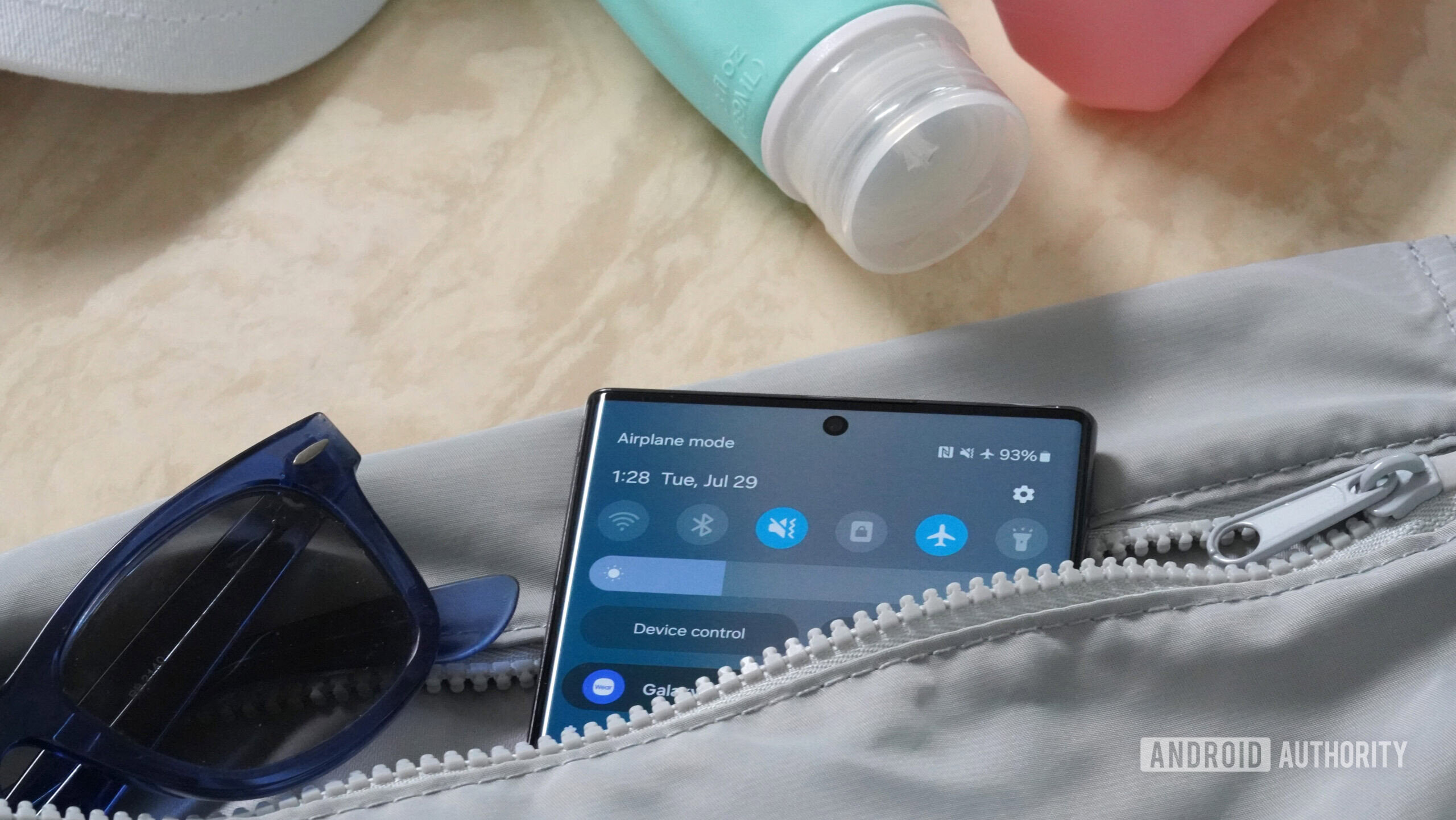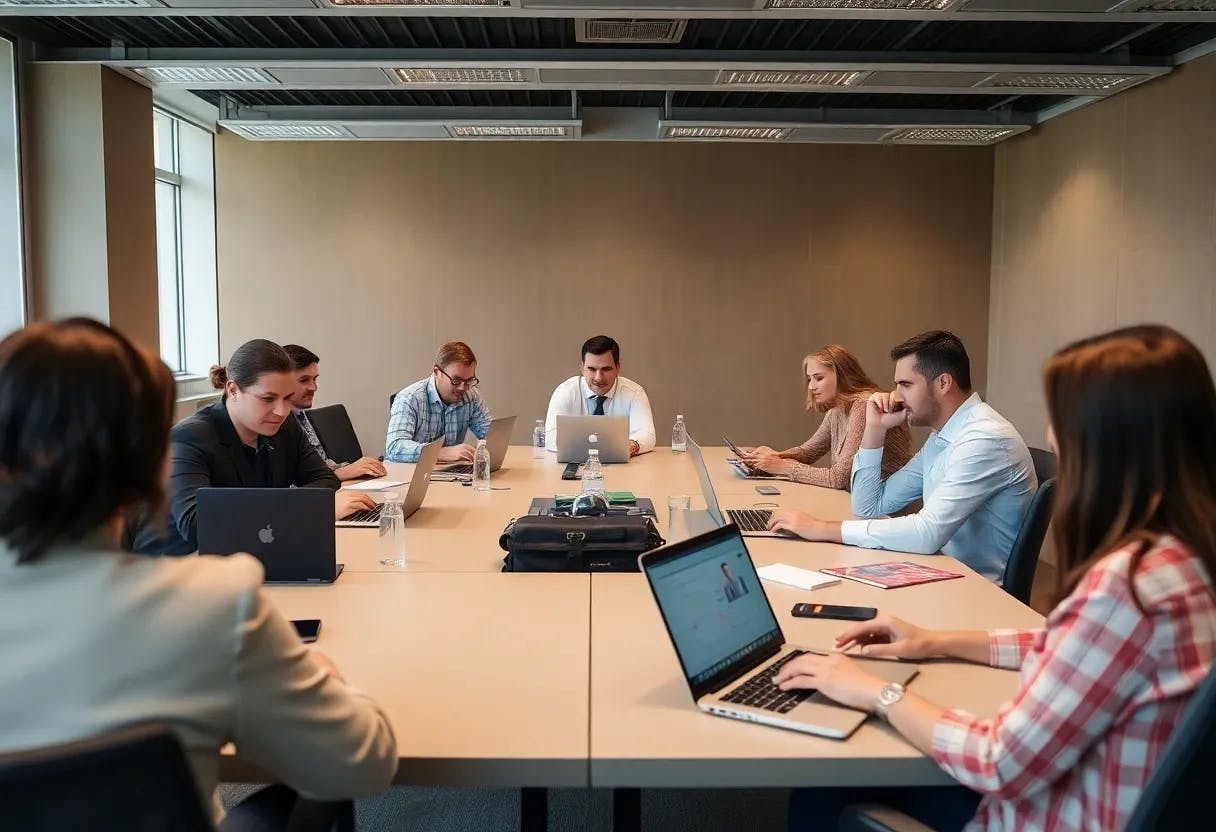Kaitlyn Cimino / Android Authority
When I boarded a cruise ship last week with roughly thirty family members, I knew I’d be off the grid, but I also figured most of the important people in my life were with me anyway. What I didn’t realize was how much I rely on my phone for everything from logistics to late-night distraction. The ship technically offered Wi-Fi, but shoddy service made messages sporadic and Google searches impossible. Here’s what I missed the most.
Do you utilize Airplane Mode while traveling?
44 votes
Google Maps
I’m pretty good with directions and can usually get my bearings fast, remember landmarks, and navigate a new area without walking in circles. But even with a decent internal compass, unfamiliar cities and sprawling cruise ports are a different beast, especially when everything looks vaguely like a duty-free shop. Without Google Maps, minor outings became mild scavenger hunts. Offline maps help, but they don’t match the ease of real-time search, turn-by-turn directions, or the ability to quickly scan for places “near me.”
Messaging apps
To be clear, I was far from lonely. Booking a cruise with my entire childhood household of eight, plus their spouses and children, meant traveling with what felt like a small wedding. There was no shortage of human interaction. In some ways, being cut off from digital messaging was helpful. Group chats back home went quiet and without the usual pings and nudges, my attention stayed fully on where I was and who I was with.
I enjoyed the break from some digital noise, but missed the utility of reliable messaging.
But I did miss the utility of messaging. The quick check-ins with people not on the boat. The ability to coordinate plans without shouting across the pool deck. And the crucial side text within the group to confirm with a sibling that Mom’s being crazy. It wasn’t the silence that bothered me, just the lack of selective communication.
TikTok and other bottomless content apps
I’m not on social media in any serious way. I don’t have a Facebook account or a curated Instagram grid. But I do cave to a steady stream of mindless digital content to close out the day, usually a few low-stakes YouTube videos, a handful of TikToks, or a random corner of reddit. The ritual is part entertainment, part distraction, and yes, entirely a bad habit. On the cruise, no signal meant no streams, no scrolling, no late-night rabbit holes. And it wasn’t just me. My nieces, who were traveling with us, kept trying to show me their carefully curated Pinterest boards, only to be met with loading screens. For them, it wasn’t about a social media presence as much as sharing something creative and personal.
ChatGPT
No one should lean heavily on AI to do their thinking, but when I’m trying to solve something quickly, whether it’s a random bit of trivia or figuring out the best way to appease a picky eater with cruise buffet options, ChatGPT is a gem. It’s not about outsourcing brainpower. It’s about cutting through a dozen search results. I can ask a clear question and get a clear, conversational answer. “How much danger am I in if I can see lightning in the distance and my hair is standing up?” (The answer is get the hell back inside the boat.) When I found myself without access to ChatGPT I didn’t experience existential panic, but I was reminded of how convenient the tool has become.
Telehealth & medical apps
When my 9-month-old started running a fever mid-trip (because, of course, that’s when it would happen), I calmly went into troubleshooting mode. Normally, I’d open a telehealth app or check something like the Mayo Clinic, or even just search basic symptoms for peace of mind.
Without service, even safety and health issues become a bit more unsettling.
Without internet service, I ended up relying on instinct. Having a doctor for a brother didn’t hurt either, but still, I couldn’t help but think how reassuring it would’ve been to double-check with her doctor with a quick virtual visit.
Entertainment apps
Heading into the trip, I didn’t think I’d need much in the way of entertainment. I was traveling with my whole family, some of whom I hadn’t seen in over two years. So in terms of prep, I downloaded exactly one book, specially for the 10-hour flight, and I finished it before we even set sail. That wasn’t concerning until halfway through the cruise, when that 9-month-old’s fever turned into quarantining in my windowless, interior cabin. With no internet, no streaming, and no new media queued up, I was quickly running on empty, and while I got fairly good at shadow puppets, I learned how much I rely on the Kindle store and streaming services.
Going eight days without reliable internet wasn’t as painful as I expected. In fact, it was surprisingly refreshing to step away from the constant buzz, especially the kind of digital noise that’s loud, persistent, and rarely important. I didn’t miss the unread news updates or the pressure to reply to every group chat instantly. What I did miss were the tools that genuinely support my day-to-day: the apps that help me navigate unfamiliar places, solve problems on the fly, or wind down after a long day. This trip made me think more carefully about the kind of screen time I actually value. Not all of it is mindless. So while I’m not planning to live in airplane mode anytime soon, I might be a little more intentional about how and when I stay connected.
Thank you for being part of our community. Read our Comment Policy before posting.







